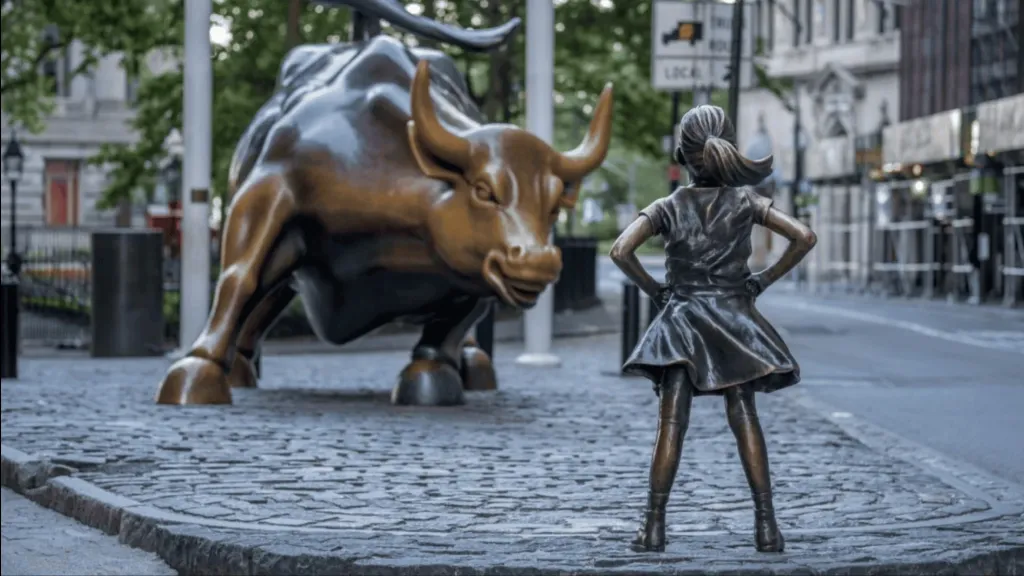One Wall Street optimist is waiting for a rally. Why does he advise betting on small-caps?

Settlement of the trade war or even just the market's belief that it is close may create favorable conditions for investing in small-cap stocks, according to Tom Lee, managing partner of Fundstrat. He noted that he prefers a «dumbbell» investment strategy: stick to the securities of the «Magnificent Seven» tech giants in the first half of the year, and the opposite side of the market, the small-cap sector, in the second half.
Details
The market has begun a new period of growth after the lows reached in April, and in the second half of the year should give preference to the shares of companies with small capitalization, according to the head of research Fundstrat Global Advisors Tom Lee. He talked about this on CNBC. Lee is known as one of the top optimists on Wall Street, having given accurate forecasts for the S&P 500 index in the past.
«When I look at the second half of the year, I think small-cap companies do have a strong case [for growth] because as long as we're moving toward a duty settlement - or as long as the markets think that's happening - investors, I believe, can really start allocating capital to stocks other than the Magnificent Seven,» Lee noted.
According to the analyst, the market is entering a new period of growth after the April sell-off due to trading risks. «I think it was [in April] a miniature bear market, but it has essentially morphed into a new bull market,» he said. Declines further out will be «pretty shallow,» given the momentum markets could get later this year from potential deregulation and new tax breaks. Lee also expects the U.S. Federal Reserve to accelerate monetary policy easing in 2026 - which would also be a positive for stocks, CNBC noted.
Under these conditions, Lee prefers the «dumbbell» investment strategy, which involves investing in polarly different assets - risky and conservative. Therefore, in the first half of 2025, the analyst is leaning more towards the shares of the «Magnificent Seven» - that is, Alphabet, Amazon, Apple, Meta, Microsoft, Nvidia and Tesla. And for the second, he picks small-cap companies, CNBC reports.
Context
The import duties announced by Trump have had a negative impact on the Russell 2000, the main index of small-capitalization companies, which has lost more than 7% since the beginning of the year. In April, it was the first among major U.S. indices to dip into the bearish zone - that is, it fell 20% from its last peak.
Small-cap companies were initially seen as the main beneficiaries of US President Donald Trump's policies, wrote CNBC. However, as a result, this sector has found itself «in the middle of two fires»: suffering damage due to the slowing economy and suffering from high interest rates, which the U.S. Federal Reserve is now in no hurry to reduce, Keith Lerner, investment co-director Truist, told the channel.
However, the suspension of the duties for 90 days and then continued negotiations on the size of the duties with China gave investors optimism. As a result, the small-company index has gained more than 17% since April 8, when the index ended trading at its lowest level in 2025.
